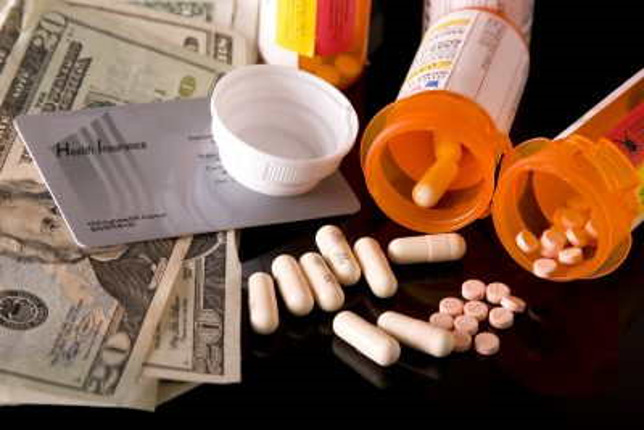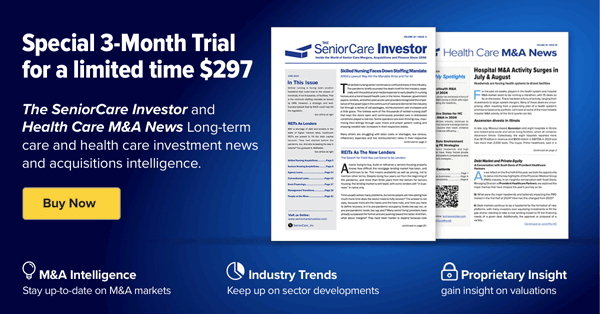It looks like some big pharma companies want to get their holiday shopping done early this year. Two transactions with values north of $1 billion were announced in late November, stimulating a sector that’s been relatively quiet the past few months.
The first might not come as a surprise since it’s been circling the rumor mill for some time. Novartis AG (NYSE: NVS) announced the acquisition of The Medicines Company (NASDAQ: MDCO) for $9.7 billion, or $85 per share. The deal value is comprised of a 24% premium over MDCO’s November 22, 2019 closing price of $68.55, as well as the company’s outstanding stock options and convertible debt.
MDCO is focused on treating atherosclerosis and the cardiovascular risk created by high levels of LDL-C, or bad cholesterol. Its inclisiran clinical program recently demonstrated potent and durable LDL-C reduction during Phase 3 trials. Inclirisan’s potentially first-in-class, twice-yearly dosing schedule allows administration during patients’ routine visits to their healthcare professionals, benefiting the patient and provider by allowing them to cut down on costly site visits.
The inclisiran program could become one of the largest products by sales in Novartis’ portfolio, leveraging significant synergies with existing global cardiovascular commercial capabilities. This acquisition allows Novartis to continue building pipeline depth in a key therapeutic area. MDCO expects to file regulatory submissions in the U.S. in the fourth quarter of 2019 and in Europe in the first quarter of 2020. The deal is expected to close in Q1:2020.
The second deal comes out of Japan, where Asahi Kasei Medical Co. Ltd. (T: 3407) announced its $1.31 billion purchase of Veloxis Pharmaceuticals A/S (OMX: VELO) to bolster its healthcare offerings. Veloxis Pharmaceuticals is a commercial-stage specialty pharmaceutical company committed to improving the lives of transplant patients. It operates in the United States through Veloxis Pharmaceuticals Inc., a wholly-owned subsidiary.
Asahi Kasei aims to leverage Veloxis Pharmaceuticals Inc. to establish a position in the U.S. market. This acquisition will build Asahi’s pipeline, especially with the addition of Envarsus XR, a once-daily immunosuppressive drug to help prevent organ rejection in kidney transplants.
August was the last time a pharma deal in the billion-dollar territory graced the headlines. Amgen, Inc. (NASDAQ: AMGN) purchased the worldwide rights to Otezla for $13.4 billion from Celgene Corporation (NASDAQ: CELG). As we reported here, the Federal Trade Commission ruled the drug had to be divested due to concerns over competition with Bristol-Myers Squibb‘s (NYSE: BMY) pipeline. Bristol-Myers announced it was buying Celgene in January 2019 for $74 billion.
Through November 2019, 89 pharmaceutical deals have been announced. The combined total of the 51 disclosed prices amounts to more than $130.48 billion, a 17.4% increase over 2018’s total of $111.14 billion (and we still have a month to go). Nearly two in five (43%) of the 2019 deals are licensing deals or product acquisitions rather than all-out takeovers. Although companies are still shelling out for global rights, others have settled for rights exclusive to North America or Asia, such as Eddingpharm‘s purchase of the rights to two antibiotic medicines in China from Eli Lilly and Company (NYSE: LLY) for $375 million.
It’s been a mixed year for Big Pharma and the pharmaceutical sector. Deal count is lower compared with 2018, but the dollar value has shot up. Further, it’s difficult to say if those trends will spill over into 2020. There’s a chance many firms will wait to see how the 2020 presidential election plays out, where a new administration might take the White House and shake up regulations. Again.


